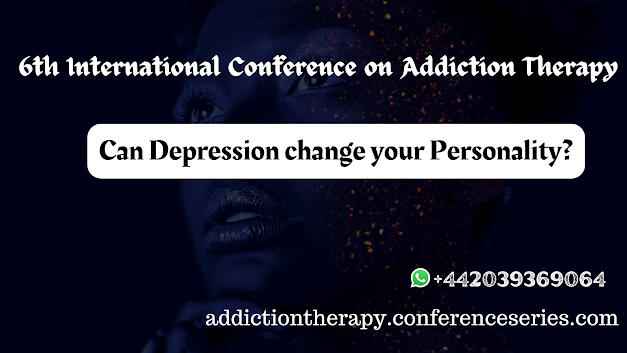What is the best psychological treatment for addiction?
CBT is an effective treatment option since it can be used to treat a wide variety of addictions, including but not limited to food addiction, alcohol addiction, and prescription medication addiction. Treatment for addiction is not one-size-fits-all. You can select the therapy that is ideal for you depending on the substance you are misusing, the degree of care you require, your unique mental health demands, or your financial resources. Here are a few of the most frequent addiction therapies that have helped individuals achieve long-term sobriety.
Detoxification
Detoxification with medical support helps you to safely clear your body of addicted chemicals. This is advantageous since substance withdrawal can occasionally result in unpleasant or even life-threatening bodily effects. Detox is usually used in conjunction with other therapies since it does not address the underlying behavioural reasons of addiction.
Cognitive
Behavioral Therapy
Cognitive
Behavioral Therapy (CBT) is a useful therapy strategy in some circumstances
since it may be used to address a variety of addictions, including but not
limited to food, alcohol, and prescription medication
addiction. CBT can help people not just detect undesirable behavioural
patterns, but also learn to recognise triggers and create coping strategies.
CBT can also be used in combination with other therapeutic methods.
Rational Emotive
Behavior Therapy
Rational
Emotive Behavior Therapy (REBT) may be able to assist you in recognising and
combating negative ideas and emotions of self-defeat. The purpose of REBT is to
help you understand that your ability to think rationally is internal and
independent to external circumstances or pressures.
For
many people, counselling is an important part of their recovery from substance
abuse. You can stay clean with cognitive behavioural therapy, family
counselling, and other sorts of treatment. Other mental health disorders that
frequently play a role in substance abuse can be treated with psychotherapy.



Comments
Post a Comment